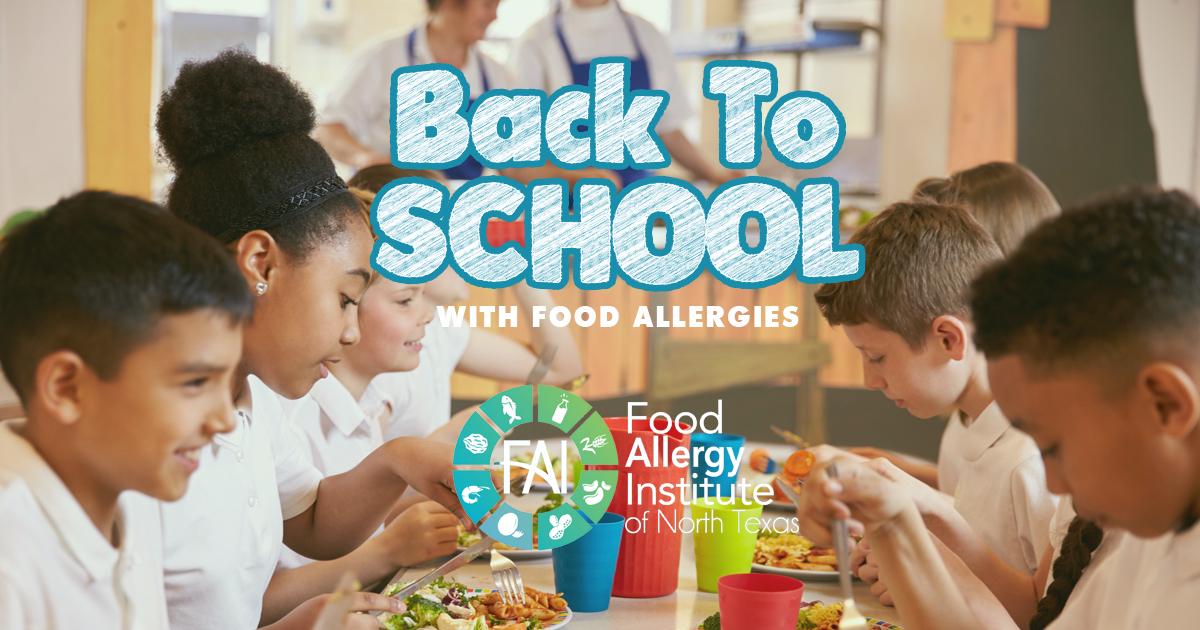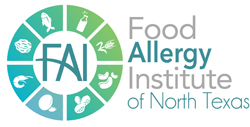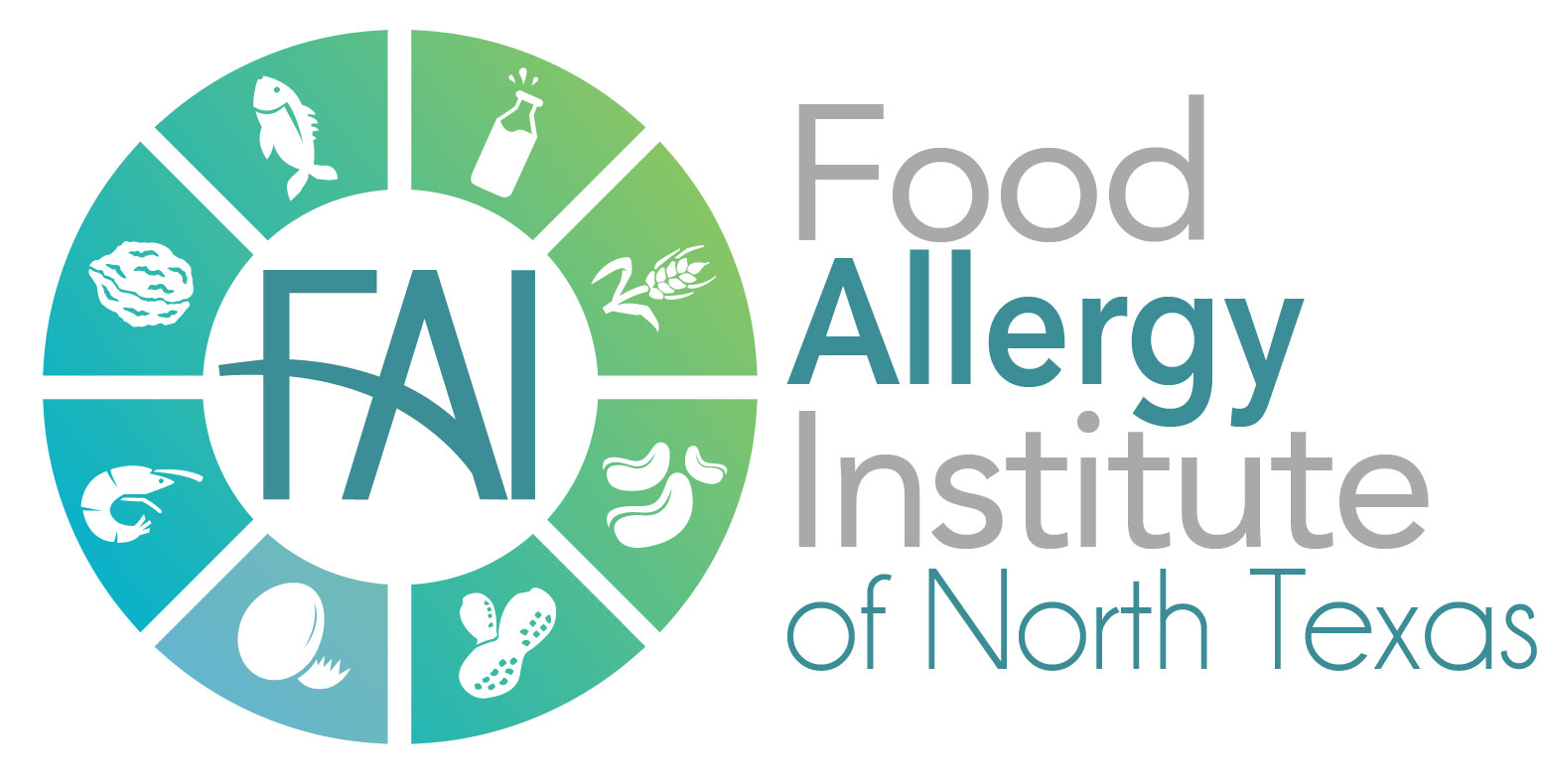
03 Aug Navigating Back to School with Food Allergies
Navigating Back to School with Food Allergies
The excitement of going back to school is a feeling shared by many students and parents alike. However, for families dealing with food allergies, this time of year can also bring about unique challenges and concerns. With proper planning, open communication, and education, you can ensure a safe and enjoyable school experience for your child with food allergies.
1. Understanding Food Allergies
Before delving into the specifics of going back to school, it’s essential to have a solid understanding of food allergies. Food allergies occur when the immune system reacts negatively to a particular protein in a specific food. Common allergens include peanuts, tree nuts, milk, eggs, soy, wheat, fish, and shellfish. Reactions can range from mild to severe, with anaphylaxis being the most severe and life-threatening reaction.
2. Communication is Key
Open and effective communication is the cornerstone of managing food allergies at school. Start by notifying the school administration, teachers, school nurse, and cafeteria staff about your child’s food allergies. Provide them with detailed information about the allergens to avoid, potential symptoms of a reaction, and the steps to take in case of an emergency. Regular check-ins throughout the school year can help ensure that everyone remains vigilant and informed.
3. Develop a Food Allergy Action Plan
A food allergy action plan is a written document that outlines the steps to be taken in case of an allergic reaction. Work closely with your child’s allergist to create a personalized plan that includes clear instructions on how to recognize symptoms, administer medication (such as epinephrine), and seek medical assistance. Share copies of this plan with the school and ensure that all relevant staff members are familiar with its contents. Get started today!
4. Educate Your Child
Empower your child by educating them about their food allergies. Teach them how to read food labels, identify allergens, and make safe food choices. Encourage them to speak up when offered food by others and to never trade or share meals. Role-playing different scenarios can help them feel more confident in managing their allergies independently.
5. Safe Lunch and Snack Options
Packing safe and nutritious lunches and snacks is crucial for children with food allergies. Opt for homemade meals whenever possible, as this allows you to have full control over the ingredients. Invest in an insulated lunch bag and food containers to keep allergen-free foods separate from others. Explore allergen-free alternatives and get creative with meal ideas to ensure your child enjoys a diverse and satisfying diet.
6. Collaborate with the School Cafeteria
If your child will be eating meals from the school cafeteria, establish a line of communication with the cafeteria staff. Request a meeting to discuss your child’s dietary needs and ensure that the cafeteria is equipped to provide allergen-free options. Confirm that staff members are aware of cross-contamination risks and understand the importance of preventing cross-contact.
7. Allergy-Friendly Classroom Practices
Collaborate with your child’s teacher to create an allergy-friendly classroom environment. Consider implementing a food allergy awareness program that educates classmates about the importance of avoiding allergens and recognizing the signs of an allergic reaction. Some classrooms may choose to designate allergen-free zones or adopt a no-sharing policy to minimize risks.
8. Field Trips and Special Events
Participating in field trips and special events can be a source of anxiety for parents of children with food allergies. Coordinate with teachers and chaperones to ensure that allergen-free meals or snacks are available during outings. Pack extra doses of epinephrine and any other necessary medications in case of emergencies.
9. Stay Informed and Updated
Keep yourself informed about the latest developments in food allergy management, such as new research findings, treatment options, and regulations. Stay in touch with your child’s allergist and attend relevant workshops or seminars to stay up-to-date on best practices.
10. Cultivate a Supportive Network
Connect with other parents of children with food allergies to share experiences, tips, and resources. Support groups and online communities can provide valuable insights and emotional support as you navigate the challenges of managing food allergies at school.
Going back to school with food allergies requires careful planning, open communication, and a proactive approach. By educating yourself, your child, and the school community, you can create a safe and inclusive environment where your child can thrive academically, socially, and emotionally. With the right strategies in place, you can confidently embrace the back-to-school season and ensure a successful and enjoyable experience for your child with food allergies. Our board-certified allergists, experienced PAs and friendly office staff are here to answer questions and help be prepared. Contact us today!


